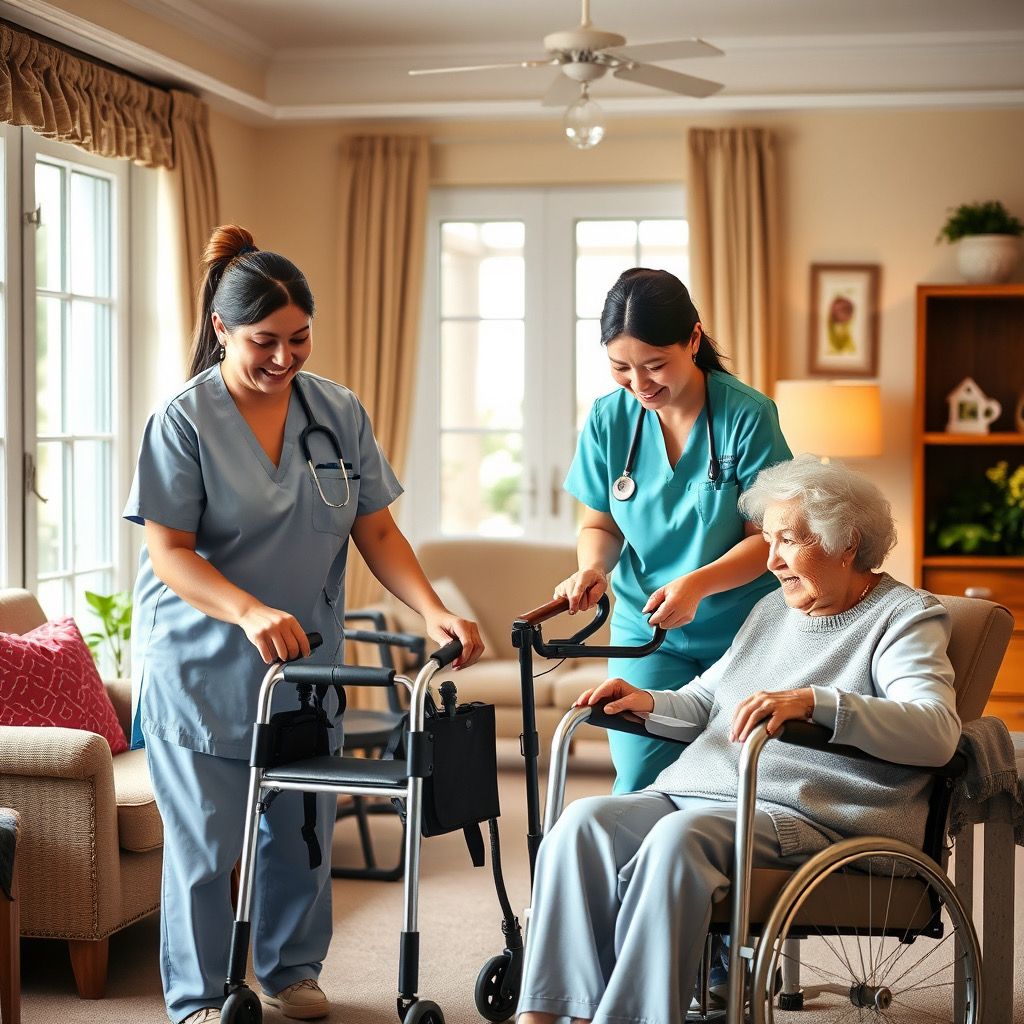Moving and handling are fundamental aspects of daily care in any care home, but they become significantly more complex within a dementia care setting. Residents with dementia often experience confusion, agitation, and physical frailty, which can pose unique challenges for caregivers. Ensuring safe, respectful, and effective moving and handling practices is essential not only for the safety of residents but also for the wellbeing of staff members.
In a dementia care environment, residents may resist or become distressed during moving and handling procedures. Their cognitive impairments can make it difficult for them to understand instructions or cooperate, leading to unpredictable behaviour. Additionally, many residents may have comorbidities such as osteoporosis, arthritis, or neurological conditions that increase their vulnerability to injury during transfers. This combination of physical and mental health issues necessitates a tailored approach grounded in compassion, patience, and expertise.
Proper training is key to managing these challenges effectively. Staff members must be equipped with the skills to perform moving and handling tasks safely, minimising risks of injury or distress. Training should encompass not only the technical aspects such as the correct use of hoists, slide sheets, and other assistive devices, but also communication techniques that help reassure residents and reduce agitation. A person-centred approach that respects dignity and promotes independence wherever possible is fundamental in dementia care.




















